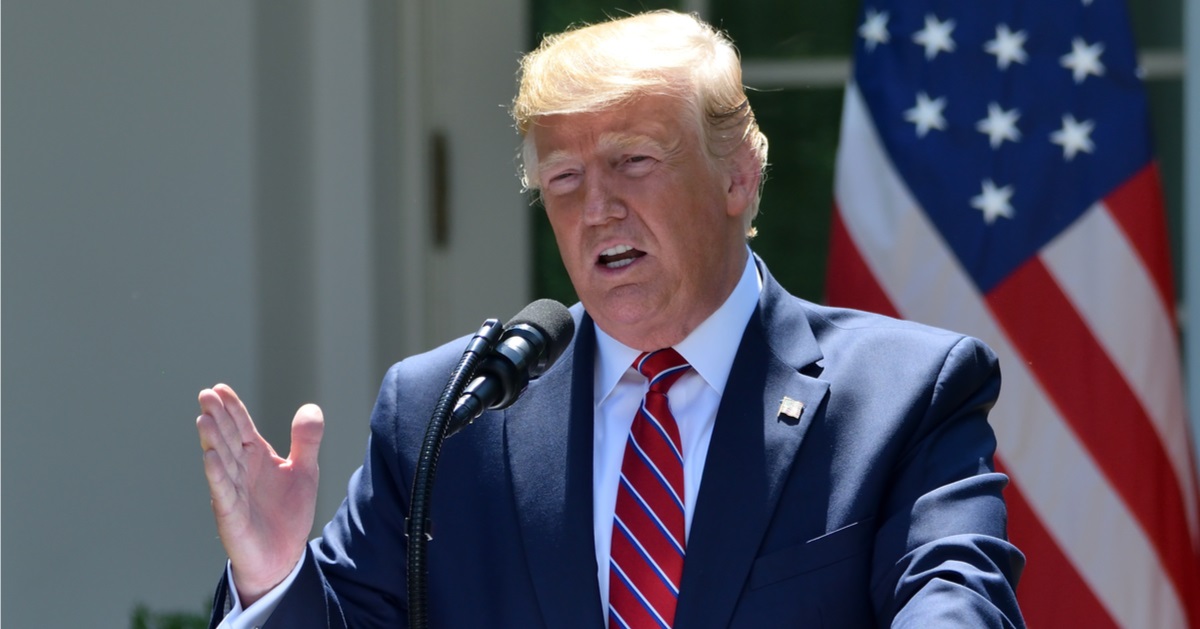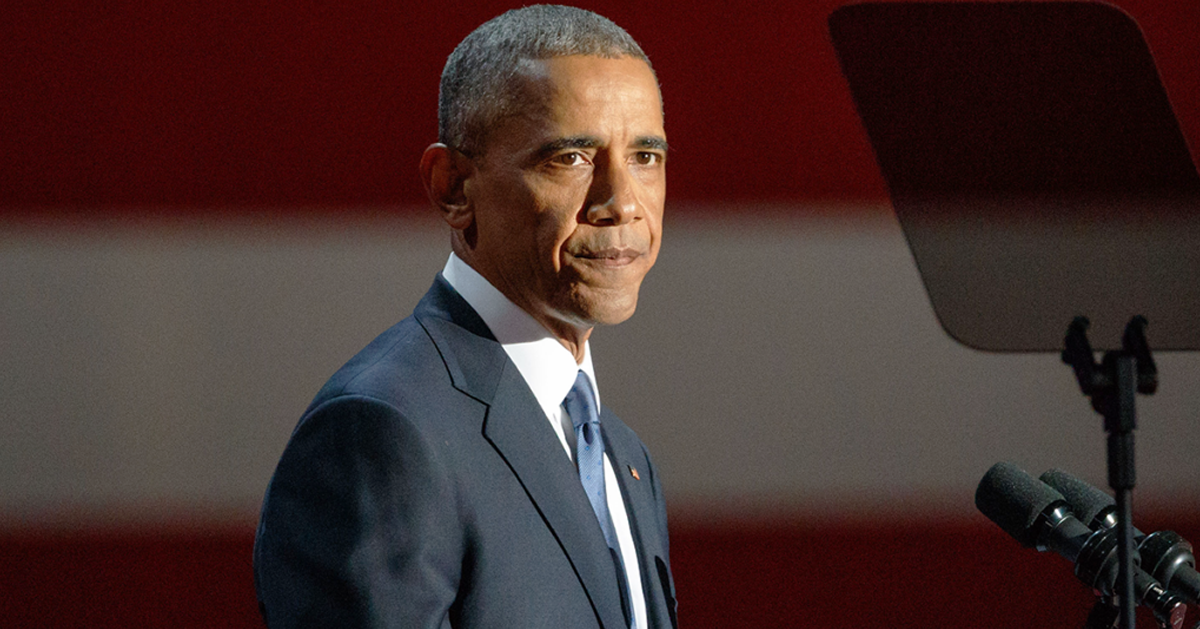Report: James Comey's lawyer helped to disseminate so-called "Comey Memo"
Former FBI Director James Comey made headlines late last month when he was indicted for allegedly lying to Congress five years ago.
Comey's case drew renewed media interest this week after startling revelations emerged concerning his lawyer.
Attorney was provided with a copy of so-called "Comey Memo"
As Just the News reported, Comey is being represented by former U.S. Attorney Patrick Fitzgerald, who also served as his lawyer when he was fired by President Donald Trump in 2017.
Following his termination, Comey leaked his so-called "Comey Memo" to the press, which resulted in the appointment of former Special Counsel Robert Mueller.
The document contained a slew of information, including details of a conversation he had with the president before being removed from office.
Just the News pointed out that Comey provided Fitzgerald with copies of the notes he made during his conversation with Trump.
Fitzgerald passed material to fellow lawyer who leaked to The New York Times
Fitzgerald in turn passed the material on to fellow lawyer Daniel Richman, a longtime friend of Comey who was also representing him at the time.
What's more, Comey also sent a copy of the memo to Richman directly via text message, who relayed it to The New York Times as part of an effort to necessitate the appointment of a special counsel.
Fitzgerald, who currently teaches at the University of Chicago School of Law, indicated that he will be filing motions in the United States District Court for the Eastern District of Virginia to get Comey's case thrown out.
Part of that plan involves challenging the president's decision to appoint Lindsey Halligan as interim U.S. attorney for the Eastern District of Virginia.
House Oversight Committee withdraws subpoena it sent to Comey
Meanwhile, the Hill reported last week that the House Oversight Committee withdrew a subpoena it sent to Comey in August concerning its investigation of deceased sex offender Jeffrey Epstein.
The former FBI director responded with a letter to Oversight Committee Chairman James Comer on September 1 in which he claimed to have no "knowledge" or "information relevant to the Committee’s investigation."
"I offer this letter in lieu of a deposition that would unproductively consume the Committee’s scarce time and resources," Comey added.
The Hill observed how federal law makes it a felony to provide false statements to government agents in the course of an investigation, and Comer accepted Comey's letter in lieu of in-person testimony.




